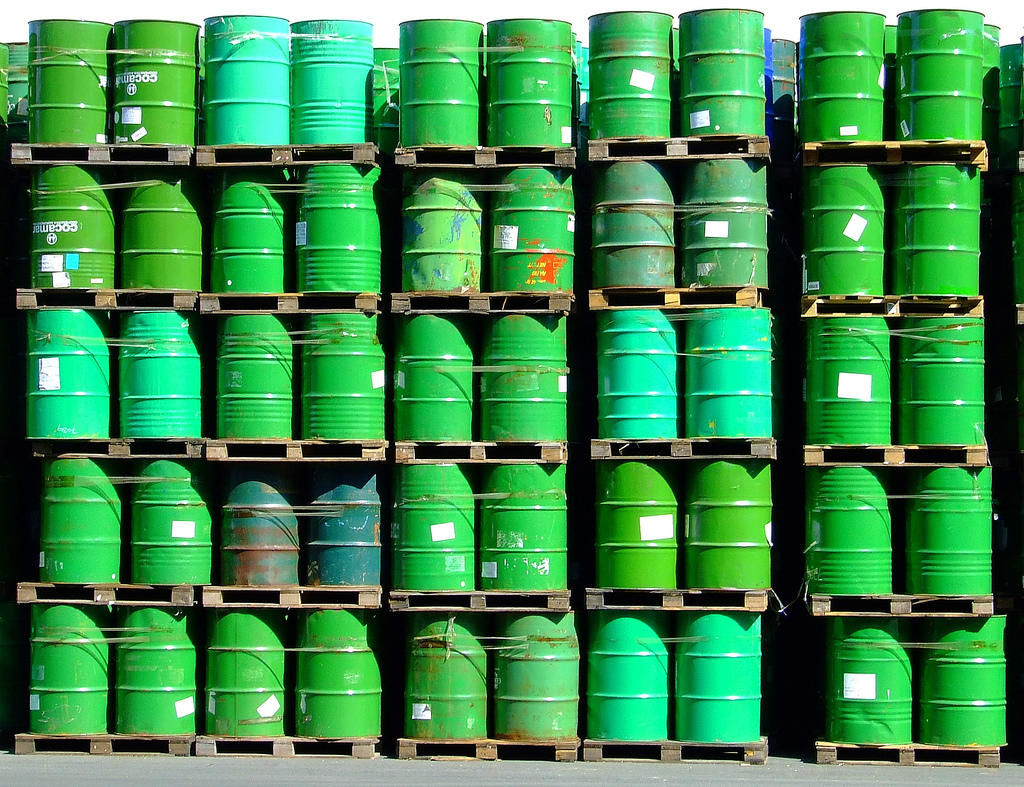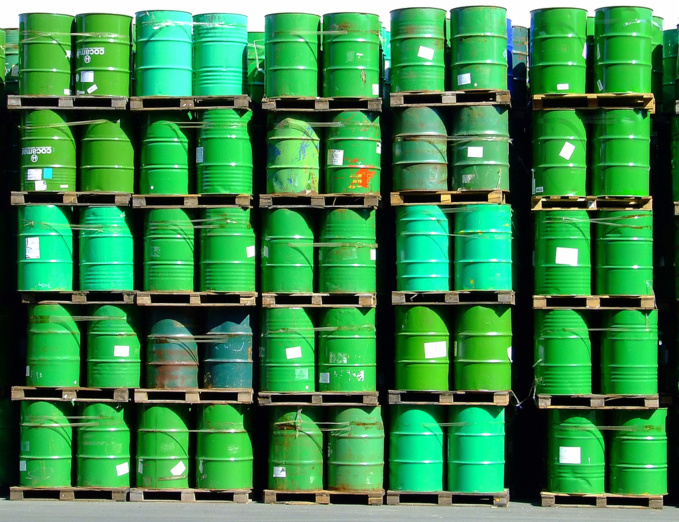Late last week, the US House of Representatives Committee on Judicial Affairs approved a bill allowing the US Department of Justice to sue OPEC members for manipulating oil prices. The so-called NOPEC law abolishes sovereign immunity and makes oil-producing countries targets for antitrust laws.
The previous administrations of the White House also tried to accept NOPEC, but previous presidents opposed its adoption, fearing the harm that it could cause to American-Arabian relations.
However, times have changed. On the one hand, Donald Trump is known as an ardent supporter of good relations between Washington and Riyadh (one of the examples is his demonstrative reluctance to punish Saudi Arabia for the murder of journalist Khashoggi). On the other hand, Mr. Trump is seemingly tired of OPEC, about which, as usual, he regularly writes on Twitter. President blames the cartel for high gasoline prices in America. Such an attitude towards OPEC, as well as the already mentioned murder of Khashoggi, led to a sharp intensification of NOPEC supporter.
Under the new law, the "guilty" members of OPEC could theoretically be punished with confiscation of assets in the United States. Take, for example, the Arabian oil giant Aramco, which controls Motiva Enterprises, which, in turn, owns the country's largest oil refinery in Port Arthur,Texas. If found by a US court guilty of manipulating the price of Aramco oil, the company may lose this refinery.
The importance of adopting the NOPEC law is further enhanced by the fact that large international oil companies that have assets in OPEC countries may suffer from it. We are talking about, for example, such oil giants as ExxonMobil and BP, which have large stakes in projects in Nigeria, Iraq and other oil-producing countries included in the cartel. In the case of punishment of these countries by American courts, their governments can mirror the action and confiscate the assets of American companies on their territory. Not surprisingly, the oil giants are against the adoption of the law.
Now the possible reason for Qatar’s exit from OPEC seems even more likely. It is possible that the fear of becoming a victim of NOPEC and the threat of losing large assets in the United States played no less a role in Doha’s decision than the rivalry with Saudi Arabia.
Now analysts are counting the chances of passing NOPEC through Congress. On the one hand, relatively low oil prices eliminate the need for its urgent adoption, but on the other hand, the House of Representatives is now controlled by democrats. One of the first draft laws of the New Judicial Committee was NOPEC, which was quickly approved by the lawmakers on February 7. The Senate also shows strong support for the bill against OPEC.
If NOPEC becomes law, OPEC members will find it harder to make joint decisions to limit oil production in order to achieve certain prices for it. It may also jeopardize conclusion of an official OPEC + agreement, which has been much talked about in recent weeks.
On the other hand, probably, significance of the law should not be exaggerated, because countries can still individually increase or decrease the production of oil. Saudi Arabia, the only country that can influence prices by changing the level of production, will be able to do this in particular. Just after adopting NOPEC, Riyadh will not be able to call for changes in the production levels of other cartel members.
source: reuters.com
The previous administrations of the White House also tried to accept NOPEC, but previous presidents opposed its adoption, fearing the harm that it could cause to American-Arabian relations.
However, times have changed. On the one hand, Donald Trump is known as an ardent supporter of good relations between Washington and Riyadh (one of the examples is his demonstrative reluctance to punish Saudi Arabia for the murder of journalist Khashoggi). On the other hand, Mr. Trump is seemingly tired of OPEC, about which, as usual, he regularly writes on Twitter. President blames the cartel for high gasoline prices in America. Such an attitude towards OPEC, as well as the already mentioned murder of Khashoggi, led to a sharp intensification of NOPEC supporter.
Under the new law, the "guilty" members of OPEC could theoretically be punished with confiscation of assets in the United States. Take, for example, the Arabian oil giant Aramco, which controls Motiva Enterprises, which, in turn, owns the country's largest oil refinery in Port Arthur,Texas. If found by a US court guilty of manipulating the price of Aramco oil, the company may lose this refinery.
The importance of adopting the NOPEC law is further enhanced by the fact that large international oil companies that have assets in OPEC countries may suffer from it. We are talking about, for example, such oil giants as ExxonMobil and BP, which have large stakes in projects in Nigeria, Iraq and other oil-producing countries included in the cartel. In the case of punishment of these countries by American courts, their governments can mirror the action and confiscate the assets of American companies on their territory. Not surprisingly, the oil giants are against the adoption of the law.
Now the possible reason for Qatar’s exit from OPEC seems even more likely. It is possible that the fear of becoming a victim of NOPEC and the threat of losing large assets in the United States played no less a role in Doha’s decision than the rivalry with Saudi Arabia.
Now analysts are counting the chances of passing NOPEC through Congress. On the one hand, relatively low oil prices eliminate the need for its urgent adoption, but on the other hand, the House of Representatives is now controlled by democrats. One of the first draft laws of the New Judicial Committee was NOPEC, which was quickly approved by the lawmakers on February 7. The Senate also shows strong support for the bill against OPEC.
If NOPEC becomes law, OPEC members will find it harder to make joint decisions to limit oil production in order to achieve certain prices for it. It may also jeopardize conclusion of an official OPEC + agreement, which has been much talked about in recent weeks.
On the other hand, probably, significance of the law should not be exaggerated, because countries can still individually increase or decrease the production of oil. Saudi Arabia, the only country that can influence prices by changing the level of production, will be able to do this in particular. Just after adopting NOPEC, Riyadh will not be able to call for changes in the production levels of other cartel members.
source: reuters.com



















